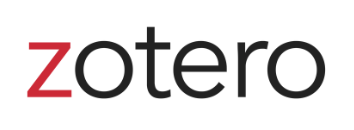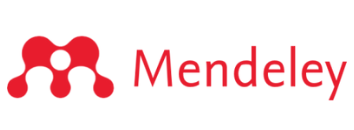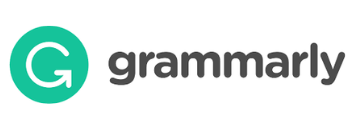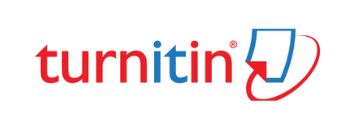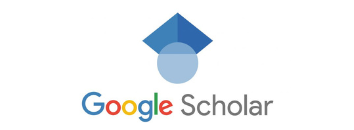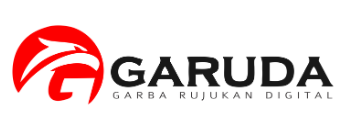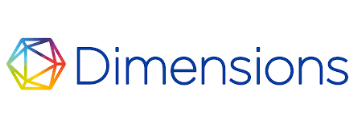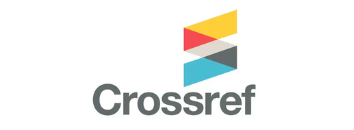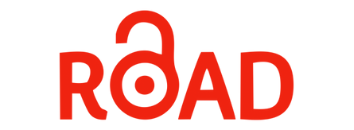Simultaneous Effect on Debt and Managerial Ownership: Agency Theory Framework
DOI:
https://doi.org/10.24002/kinerja.v21i2.1276Abstract
This study aims to examine the debt policy and managerial ownership as tools to control the agency conflict. Debt policy and managerial ownership used in controlling agency conflicts have several considerations such as the risk of the company, the company's growth and the presence of institutional ownership in a company. The variables used in this study include earnings volatility as a measure of corporate risk, growth companies, managerial ownership, institutional ownership, debt policy, and total assets as a control. Furthermore, an analysis by means of regression models with simultaneous Two Stage Least Square method was used. The results found in this study stated that the risk factors, the growth of the company, as well as the existence of institutional ownership affect debt policy and managerial ownership control of the company within the framework of the agency conflict. This indicates that the use of policies to control the agency conflict must consider these three factors.
Keywords: agency conflict, debt policy, managerial ownership
References
Bathala, C.T., Moon, K.P., and Rao, R.P., 1994. Managerial Ownership, Debt Policy, and the Impact of Institutional Holding: An Agency Perspective. Journal of Financial Management, 23(3), pp.38-50.
Billett, M.T., King, T.H.D., and Mauer, D.C., 2007. Growth, Opportunities and the Choice of Leverage, Debt Maturity, and Covenants. Journal of Finance, 62(2), pp.697-730.
Brigham, E.F., and Ehrhardt, M.C., 2005. Financial Management: Theory and Practice. Washington: Thomson.
Brigham, E.F., and Houston, J.F., 2007. Essentials of Financial Management. Singapore: Thomson.
Brockman, P., Martin, X., and Enlu, E., 2010. Executive Compensation and the Maturity Structure of Corporate Debt. Journal of Finance, 65(3), pp.1123-1161.
Coffee, J.C., 1991. Liquidity versus Control: The Institutional Investor as Corporate Monitor. Columbia Law Review, 91(6), pp.1277-1368.
Crutchley, C.E., and Hansen, R.S., 1989. A Test of the Agency Theory of Managerial Ownership, Coorporate Leverage, and Coorporate Dividends. Journal of Financial Management, 18(4), pp.36-46.
Datta, S., Iskandar-Datta, M.A.I., and Raman, K., 2005. Managerial Stock Ownership and The Maturity Structure of Corporate Debt. Journal of Finance, 60(5), pp.2333-2350
Dey, A., 2008. Coorporate Governance and Agency Conflicts. Journal of Accounting Research, 46(5), pp.1143-1181.
Dharwadkar, Ravi.,Maria G., Pamela B., and Raihan K., 2008. Institutional Onwership and Monitoring Effectiveness:It’s Not Just How Much but What Else You Own. Organization Science, 19(3), pp.419-440.
Gabriel, S.C., and Baker, C.B. 1980. Concept of Business and Financial Risk. American Journal of Agricultural Economics, 62(3), pp.560-564
Gerald, J.R., Solberg, D.P., and Zorn, T.S., 1992. Simultaneous Determination of Insider Ownership, Debt, and Dividend Policies. Journal of Financial and Quantitative Analysis, 27(2), pp.247-262.
Grinstein,Y., and Michaely, R., 2005. Institutional Holdings and Payout Policy. Journal of Finance, 60(3), pp.1389-1426
Hanafi, M.M., 2008. Manajemen Keuangan. Yogyakarta:BPFE
Jensen, M.C., 1986. Agency Cost of Free Cash Flow, Coorporate Finance and Takeovers. Journal of Political Economy, 76(2), pp.323-329.
Jensen, M.C., and Meckling, W.H., 1976. Theory of The Firm : Managerial Behaviour, Agency Cost and Ownership Structure. Journal of Financial Economics, 3(4), pp.305-260.
Mann, S.V., and Sicherman, N.W., 1991. The Agency of Free Cash Flow: Acquisition Activity and Equity Issues. Journal of Business, 64(2), pp.213-227.
Mao, C.X., 2003. Interaction of Debt Agency Problems and Optimal Capital Structure: Theory and Evidence. The Journal of Financial and Quantitative Analysis, 38(2), pp.399-423.
Myers, S.C., and Majluf, N.S., 1984. Coorporate Financing and Investment Decision When Firms Have Information that Investor Do Not Have. Journal of Financial Economics, 13(2), pp.187-221.
Titman, S., and Wessel, R., 1988. The Determinants of Capital Structure Choice. Journal of Finance, 43(1), pp.1-19.
Vo, D.H., and Nguyen, V.T., 2014. Managerial Ownership, Leverage, and Dividen Policies: Empirical Evidence from Vietnam's Listed Firms. International Journal of Economics and Finance, 6(5), pp.274-284.
Widiantoro, D.M., 2008. Penggunaan EVA untuk Pengendalian Konflik Keagenan. Yogyakarta: Fakultas Ekonomika dan Bisnis, Universitas Gadjah Mada.
Zhang, Y., 2009. Are Debt and Incentive Compensation Substitutes in Controlling the Free Cash Flow Agency Problem? Journal of Financial Management, 38(3), pp.507-541.



